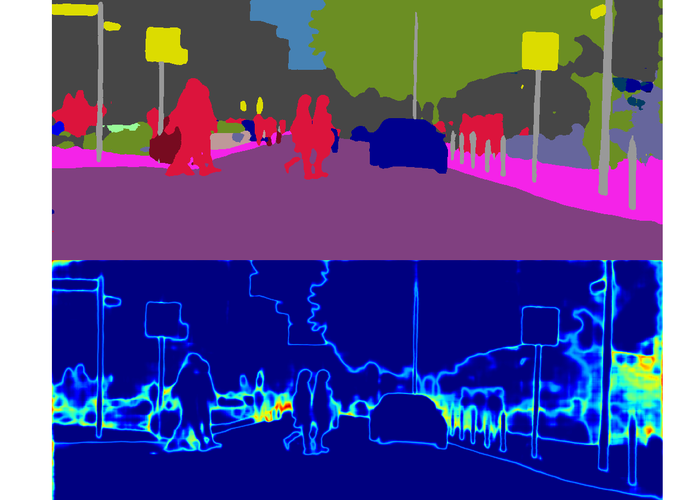Concrete Problems for Autonomous Vehicle Safety: Advantages of Bayesian Deep Learning

Concrete Problems for Autonomous Vehicle Safety: Advantages of Bayesian Deep Learning
Abstract
Autonomous vehicle (AV) software is typically composed of a pipeline of individual components, linking sensor inputs to motor outputs. Erroneous component outputs propagate downstream, hence safe AV software must consider the ultimate effect of each component’s errors. Further, improving safety alone is not sufficient. Passengers must also feel safe to trust and use AV systems. To address such concerns, we investigate three under-explored themes for AV research; safety, interpretability, and compliance. Safety can be improved by quantifying the uncertainties of component outputs and propagating them forward through the pipeline. Interpretability is concerned with explaining what the AV observes and why it makes the decisions it does, building reassurance with the passenger. Compliance refers to maintaining some control for the passenger. We discuss open challenges for research within these themes. We highlight the need for concrete evaluation metrics, propose example problems, and highlight possible solutions.